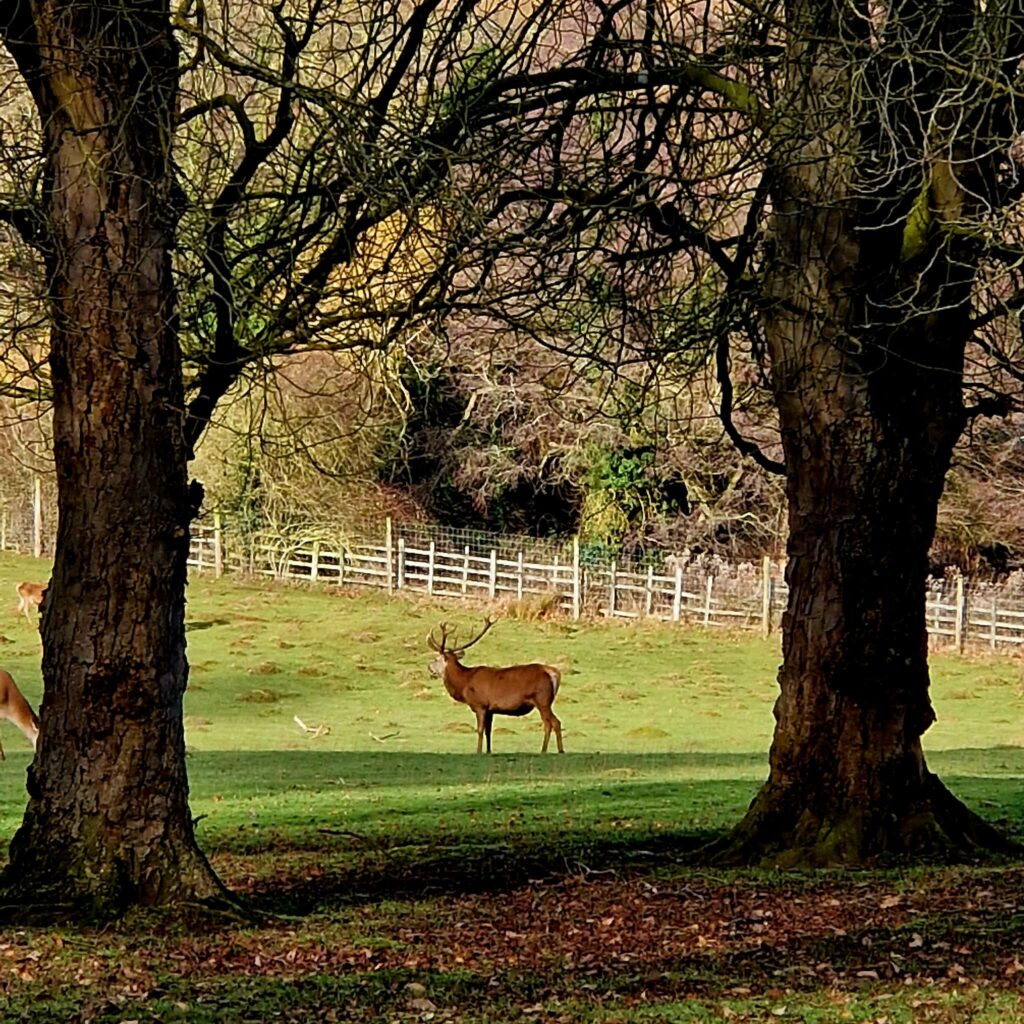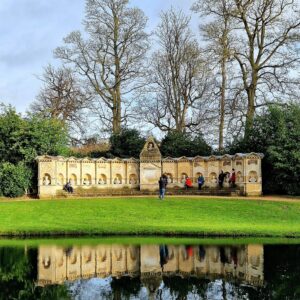

The National Trust is a charity and membership organisation in the UK. It was created in order to look after places of Historic Interest or Natural Beauty and keep them open to the public.
The National Trust was founded in 1895 when three pioneers in the environment protection, namely reformer Octavia Hill, lawyer Robert Hunter and priest Hardwick Rawnsley, decided to join forces and engage in the preservation of historical and natural sites. They were inspired by the idea of protecting those places and making them accessible to the public. Today, the National Trust is 250,000 hectares of farmland, 780 miles of coastline and 500 houses, gardens and nature reserves open to everyone and forever.
The National Trust buys or inherits its objects. The first historic building, Alfriston Clergy House in Sussex, was acquired in 1896 and the purchase amount was only £10.
The best way to visit the National Trust places is to join a membership. That will give you a free entry to over 500 places and free parking at most National Trust car parks. Individual membership is £91.20 a year, joint membership (two adults living at the same address) is £151.20 a year.


Lots of the National Trust places are dog-friendly, so it’s easy to plan your paw-fect weekend getaways! To facilitate your choice of places you can visit with your dog, the National Trust has recently implemented the Pawprint rating system:
Very dog-friendly National trust places: Three pawprints
The best places you can visit for a day with your dog. You’ll be able to take your dog to most areas, including indoors for a cup of tea and a treat.
Dog-friendly National Trust places: Two pawprints
Dogs are allowed in some areas, but not everywhere. These places have water bowls, dog bins and dog-friendly walks. If you want to have lunch or grab some snacks, you’ll probably have to do it outside.
Not very dog-friendly National Trust places: One pawprint
Places offer very limited access to facilities. In general, dogs are allowed to be only in the car park or walk in nearby open spaces, without access to gardens, parks and so on. Honestly, we try to avoid those places because we don’t want to be disappointed. But there are some exceptions, for instance, when those restrictions are only seasonal.









